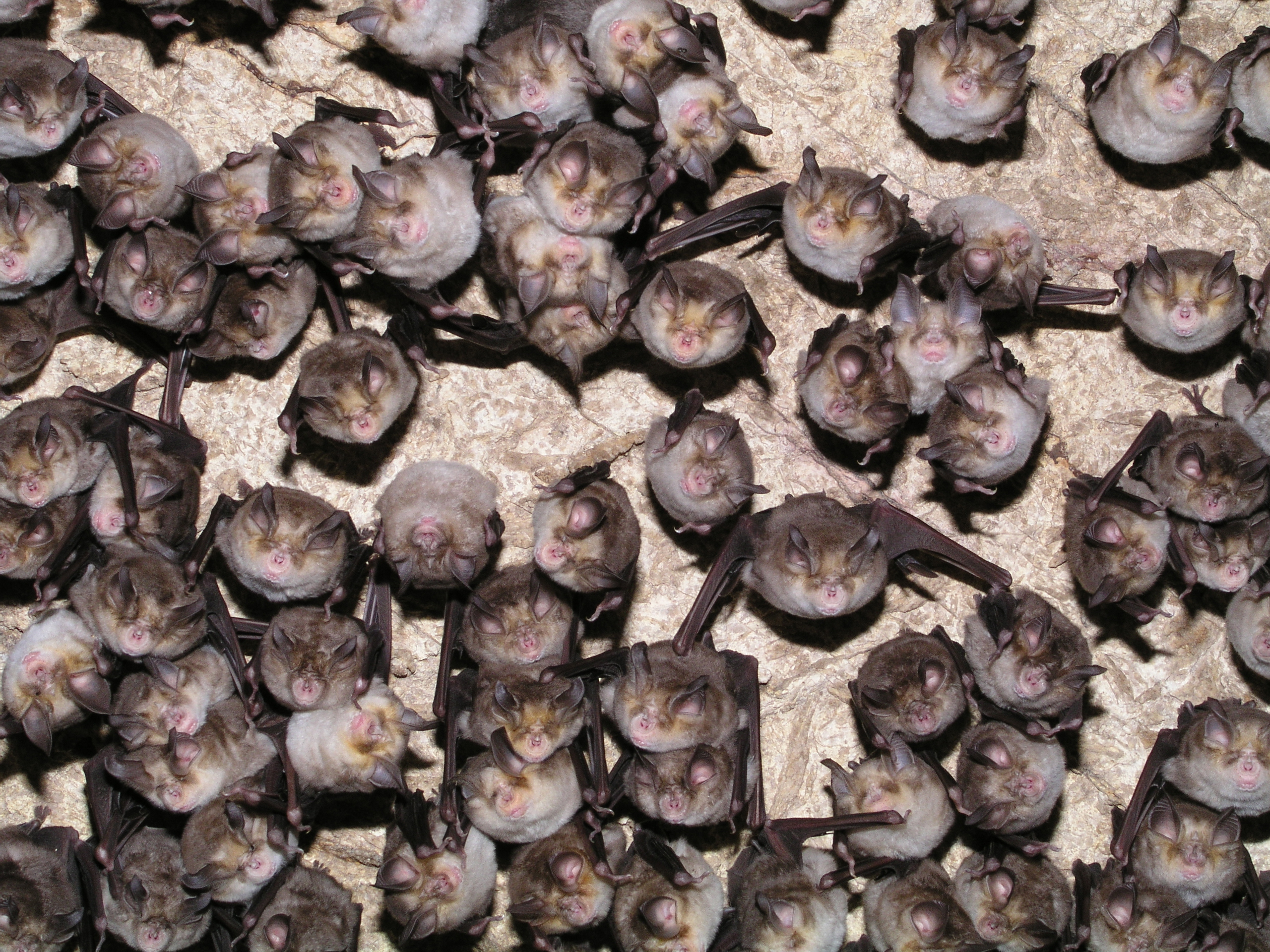
Hellenic Institute of Speleological Research: 2023 impact
In 2023, within the framework of the “Conservation of cave-dwelling bats and cave habitats in Greece” program, the Hellenic Institute of Speleological Research supported research and increased scientific knowledge, documented and addressed inadequacies in the legal framework for the protection of caves and implemented awareness raising and capacity building activities. Indicatively:
- Analysis of all available data on bats in Greece (published and unpublished) was published in a paper, summarizing all existing knowledge on bats of Greece, adding several hundred new records of distribution, and increasing the number of explored caves by 30% (from 560 to 750).
- 63 species from 70 caves have been identified through the identification of HISR’s gastropod collection. Through this analysis, the number of explored caves has now reached 188, and the number of known species increased by 5%.
- HISR shared detailed scientific data on the taxonomy and distribution of 210 endemic cave invertebrate species to contribute to a collaborative research paper.
- A Memorandum of Cooperation with the Natural Environment & Climate Change Agency for the provision of cave biodiversity data was signed.
- With the acceptance of a member of HISR as a member of the European Cave Protection Commission (ECPC), the organization participates in meetings and Working Groups.
- The organization conducted autopsies at four degraded caves.
- Through the preparation of a structured questionnaire, 123 responses for 118 caves provided information about caves subject to significant anthropogenic pressures.
- An inventory of reachable subterranean wetlands (underground rivers, lakes, pools, etc.) has been initiated, with the preliminary list including 180 caves.
- The organization participated with an oral presentation in the 3rd Balkan speleological conference (Sofia, Bulgaria)
- Several posts were published on social media and informational material (brochure) was produced
WHY ARE CAVES IN GREECE IMPORTANT?
Caves in Greece are key ecosystems for the survival of 16 species of cave-dwelling bats as they are used as roosts for breeding, hibernating, or just as resting sites. Yet due to a lack of data sharing among institutions, the caves have not gained enough political attention to be properly protected.
Apart from bats, many important species of invertebrates are also hosted in the caves. Although unknown to the public, these species are used for the identification of possible Key Biodiversity Areas (KBAs) in Greece. KBAs have recently been recognized as sites of global importance and were included in the protected areas scheme of Greece.